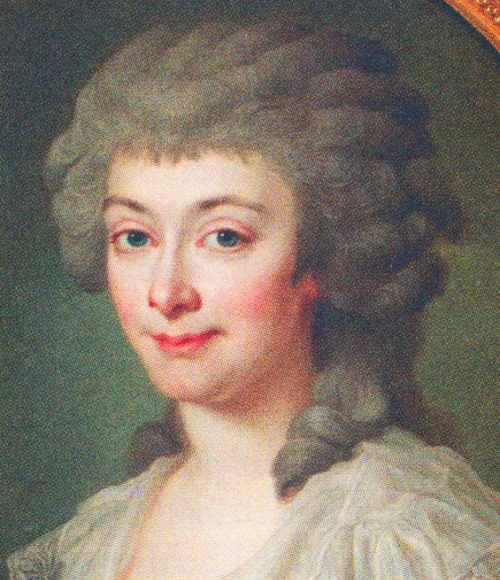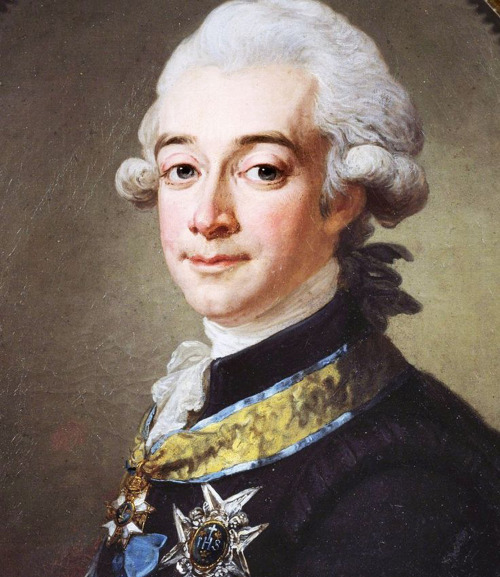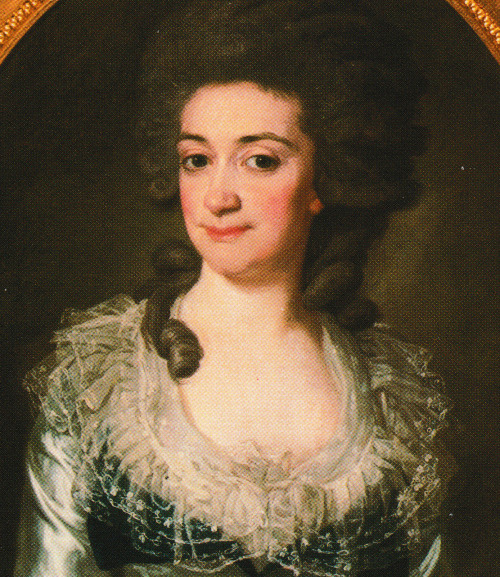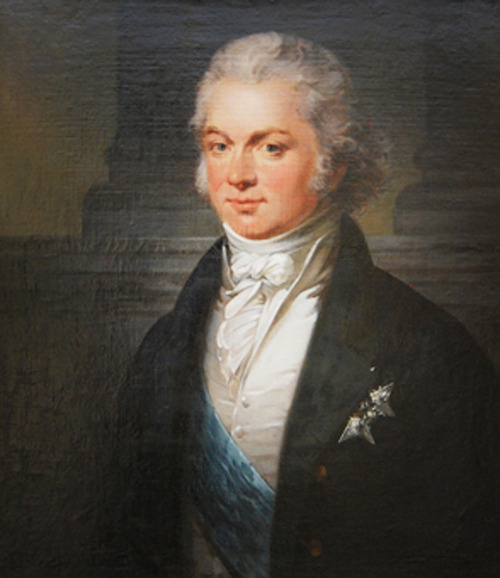She Was Always On This Downward Path. She’ll Probably Burn Cities To The Ground In The Books Too, Should
She was always on this downward path. She’ll probably burn cities to the ground in the books too, should GRRM ever finish them.







“Dragons are the nuclear deterrent, and only Dany has them, which in some ways makes her the most powerful person in the world. […] You can have the power to destroy, but it doesn’t give you the power to reform, or improve, or build.”
More Posts from Ignorethisrandom and Others

My obsession with Catherine Cookson miniseries has evolved to its next logical phase: Catherine Cookson books.
Could this cover (carbon dated 1970) be any more amazing?
Since it was released, cover design isn't the only thing that has changed about books. Check out this marketing copy: "Catherine cookson transforms the simple plot of riches-to-rags and back again into a vivid, textured, and highly romantic novel that is not altogether unlike Jane Eyre in its impact."
"Not all together unlike Jane Eyre in its impact." Does praise get any more backhanded than that?
Ideas for Season 2
What if next season the writers kept up the unreliable narrator device?
There could be an episode next season centering on the Massacre at Vassy - the start of the many wars of religion - where Louis de Bourbon (Prince of Conde) tells Ramira HIS side of the story. In his version he is the only one fighting for Protestants to have the same freedoms and rights as everyone else. This would make for a more rounded character and an interesting look at how Louis sees himself. With his narration he becomes a freedom fighter for the oppressed. Protestants can’t teach/study at Universities, hold certain jobs, worship in public in many cities/provinces. He sees himself as the Huguenots’ savior in many ways–their version of Martin Luther King Jr. He can even physically look thinner and more dignified instead of fulfilling the short/fat one dynamic he has with Antoine when Catherine is narrating.
Since other shows set in this time period do not have the unreliable narrator device, this show should use it to their advantage. This story is filled with people manipulating each other–why not manipulate the audience while you’re at it?
Plus it gives Ramira some internal conflict: who does she believe? Maybe Catherine could try to make her into one of her Flying Squadron (spy/seductresses) but Ramira doesn’t like this, so hearing Louis’s side of the story could help bring tension between her and Catherine, giving Ramira something to do next season since historically she never existed and could easily be overshadowed by the show’s historical figures and events.




The four children of Count Fredrik Axel von Fersen and Hedvig Catharina de la Gardie. All siblings held high positions within the swedish court, due to their father’s position as leader of the aristocratic party.
Hedvig Eleonora (von Klinckowström) von Fersen, 1753 - 1792, was described as reserved and disliked the court life, but accepted a position as lady in waiting to queen Sofia Magdalena for her husband’s sake. She was close friends with king Gustav III, but was one of few who dared to disobey his orders. It’s said that the king demanded everyone at court to partake in the gambling games, but when Hedvig refused he did not object.
Hans Axel von Fersen, 1755 - 1810, is without a doubt the most famous of the siblings. Predestined to inherit his father’s titles and goods, he made a name for himself during his Grand Tour in Europe, as well as during the American Revolution, Gustav III’s Russian War and later, the French Revolution, where he struggled to rescue Louis XVI and Marie Antoinette, who he is rumoured to have had an affair with. He was brutally murdered by a mob following a false accusation that he assassinated the swedish crown prince.
Eva Sophie (Piper) von Fersen, 1757 - 1816, is perhaps the second most famous of the four. Her affair with the swedish prince Fredrik Adolf was ended by her disapproving parents when she was unhappily married to Adolf Fredrik Piper. Over the years she formed an intimate (perhaps sexual) relationship with queen Hedvig Elisabeth Charlotta, who would dedicate her memoirs to her. Sophie was accused for the same assassination as her beloved brother Axel, but was protected from the mob by Charlotta.
Fabian Reinhold von Fersen, 1762 - 1818, became officer and politician at the swedish court. Just like his brother and sister, Fabian also had an intimate relationship with queen Hedvig Charlotta, and is rumored to have fathered a child which she miscarried. And just like his siblings, he was accused of involvement in the death of Crown Prince Karl August in 1810, but managed to escape the funeral procession where his brother was murdered. He resigned from his court position that same year, most likely in respect to his brother.
The von Fersen- line ended with Fabian’s two children, Axel and Hedvig, in 1839 and 1879.

Ben Whishaw and “Mrs Tish” on the set of “A Very English Scandal”…
Via Laura Ingall on IG








Margaret was born in Westminster Palace on November 28th, 1489, she was the second child and first daughter of Henry VII and his queen Elizabeth of York. She was named in honor of her grandmother, Margaret Beaufort. Margaret was betrothed to James IV, King of Scots in 1502 when Margaret was 12, her mother and grandmother insisted that her marriage wait until she was older and so Margaret was married by proxy on 25 January 1503. Her younger brother Henry succeeded their father in 1509 and tensions between England and Scotland began to rise which came to a head with the battle of Flodden in 1513, where Margaret’s husband James would be killed in battle leaving Margaret a young widow and their young son James as king.
Margaret was made regent to her son, but Margaret would make an ill fated marriage with Archibald Douglas the earl of Angus which would make Margaret flee to England in 1515 where she gave birth to her daughter and only other surviving child, Margaret Douglas. Margaret returned to Scotland in 1517, she would marry for the third time in 1528 to Henry Stewart, Lord Methven. Margaret was never able to achieve peace between England and Scotland, her brother and her son James would never be true allies and the relationship between her two countries would remain tense.
Margaret died in 1541, her son would outlive her for only a year and Margaret’s granddaughter, Mary, become queen at only a week old. Margaret’s great grandson through both her son and daughter, James VI, would follow her nice Elizabeth as the next king of England in 1603, uniting the crowns of England and Scotland, Margaret is the ancestress of every British monarch since.
Hercule de Valois
Hercule Valois, aka Francois Duke of Anjou and Alencon, would like to challenge (former) Prince Harry to a literary duel.
If Anjou could write a memoir about his life as the “spare” brother, it would be far more entertaining than Harry’s “Spare.”
Elizabeth II seems a much nicer grandmother than Catherine de Medici was a mother to her youngest two children.
{Megan and Harry fans, please disregard this post, this post is for people who know a lot about the Valois family and Catherine de Medici’s children. I don’t know (or care) enough about Megan and Harry to have an opinion on them. I do, however, love to learn about 16th century royal scandals.}
Some favourite staging moments in productions of Shakespeare plays:
Clarence actually getting drowned in a barrel of wine on stage in Richard III; it was a small barrel, they stuck his head into it as he struggled, pulled him out for an instant as he gasped for air and screamed, his head was wet and sopping, his face all red
Macbeth clutching his empty hands to hold an imaginary child, casting a clawed shadow on the wall
Ophelia ripping out hanks of her hair to give to people during her ‘flowers’ scene (obviously fake hair in real life)
Benedict in Much Ado About Nothing hiding from Claudio, Leonato and Don Pedro, taking a swig from a can of beer that happened to be full of cigarette butts and spit-taking it all over Don Pedro and Leonato
who then awkwardly pretend to check if it’s raining
Angelo in Measure for Measure taking off a bloody cilice belt from around his thigh while saying ‘Blood, thou art blood’
Also a really good bit where Angelo shows up in a two way mirror later on when the Duke’s speaking to himself and cursing him; the Duke turns to point at the mirror and there’s Angelo, in the chain of office, pointing back, accusing the Duke as much as the Duke does to him
The moment in Julius Caesar where Brutus asks his servant Strato - who’s been sitting with his back to the audience and wearing a hat with a wide brim - to help him commit suicide; Strato stands while taking off his hat to reveal that he’s played by Caesar’s actor
(a collective gasp went around the theatre; really lent a whole new meaning to ‘Caesar, now be still. I killed not thee with half so good a will’)
After a frantic chase scene in The Comedy of Errors which ends with all the cast collapsed across the stage in exhaustion and the scenery itself falling to bits…a pair of underpants falls from the ceiling, and Dromio of Ephesus (who’d tried in vain to retrieve them at the start of the play) crawls over several other characters, seizes them and screams in triumph
-
 clytenmestra liked this · 2 weeks ago
clytenmestra liked this · 2 weeks ago -
 whiteraven0001 liked this · 3 months ago
whiteraven0001 liked this · 3 months ago -
 sansaqueenofloveandbeauty reblogged this · 3 months ago
sansaqueenofloveandbeauty reblogged this · 3 months ago -
 sunflowersansa reblogged this · 5 months ago
sunflowersansa reblogged this · 5 months ago -
 blueberrybonbons liked this · 5 months ago
blueberrybonbons liked this · 5 months ago -
 cornkingsnow reblogged this · 5 months ago
cornkingsnow reblogged this · 5 months ago -
 cornkingsnow liked this · 5 months ago
cornkingsnow liked this · 5 months ago -
 medievilknights liked this · 5 months ago
medievilknights liked this · 5 months ago -
 minisa-whent reblogged this · 5 months ago
minisa-whent reblogged this · 5 months ago -
 abry-elle reblogged this · 8 months ago
abry-elle reblogged this · 8 months ago -
 chewielikesflying-blog liked this · 9 months ago
chewielikesflying-blog liked this · 9 months ago -
 saltywinteradult reblogged this · 9 months ago
saltywinteradult reblogged this · 9 months ago -
 withpurpleserpents reblogged this · 9 months ago
withpurpleserpents reblogged this · 9 months ago -
 ahouseofstarkdefender reblogged this · 1 year ago
ahouseofstarkdefender reblogged this · 1 year ago -
 tullysansa liked this · 1 year ago
tullysansa liked this · 1 year ago -
 queen-alicentt reblogged this · 1 year ago
queen-alicentt reblogged this · 1 year ago -
 queen-alicentt liked this · 1 year ago
queen-alicentt liked this · 1 year ago -
 maliaraeken reblogged this · 1 year ago
maliaraeken reblogged this · 1 year ago -
 maliaraeken liked this · 1 year ago
maliaraeken liked this · 1 year ago -
 williamsall liked this · 1 year ago
williamsall liked this · 1 year ago -
 trashy-music reblogged this · 1 year ago
trashy-music reblogged this · 1 year ago -
 rebelsabers reblogged this · 1 year ago
rebelsabers reblogged this · 1 year ago -
 clytenmestra reblogged this · 1 year ago
clytenmestra reblogged this · 1 year ago -
 vedrividia liked this · 1 year ago
vedrividia liked this · 1 year ago -
 catherinebronte reblogged this · 1 year ago
catherinebronte reblogged this · 1 year ago -
 catherinebronte liked this · 1 year ago
catherinebronte liked this · 1 year ago -
 cerelles liked this · 1 year ago
cerelles liked this · 1 year ago -
 sansastarl reblogged this · 1 year ago
sansastarl reblogged this · 1 year ago -
 sheliesshattered liked this · 1 year ago
sheliesshattered liked this · 1 year ago -
 asoiafsnet reblogged this · 1 year ago
asoiafsnet reblogged this · 1 year ago -
 girlfromnowhere reblogged this · 1 year ago
girlfromnowhere reblogged this · 1 year ago -
 multigloria reblogged this · 2 years ago
multigloria reblogged this · 2 years ago -
 whatthebirdssay reblogged this · 2 years ago
whatthebirdssay reblogged this · 2 years ago -
 queenbelena liked this · 2 years ago
queenbelena liked this · 2 years ago -
 decadelongsummer liked this · 2 years ago
decadelongsummer liked this · 2 years ago -
 hereyesblueasice reblogged this · 2 years ago
hereyesblueasice reblogged this · 2 years ago -
 fvckinaphrodite liked this · 2 years ago
fvckinaphrodite liked this · 2 years ago -
 sansastarq reblogged this · 2 years ago
sansastarq reblogged this · 2 years ago -
 siriuslymylife liked this · 2 years ago
siriuslymylife liked this · 2 years ago -
 spookyclara reblogged this · 2 years ago
spookyclara reblogged this · 2 years ago -
 spookyclara liked this · 2 years ago
spookyclara liked this · 2 years ago -
 sibyldisobedience liked this · 2 years ago
sibyldisobedience liked this · 2 years ago

